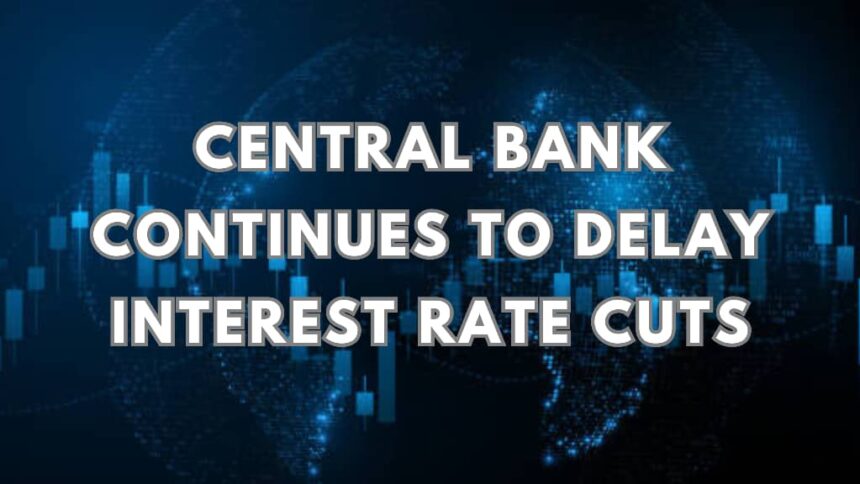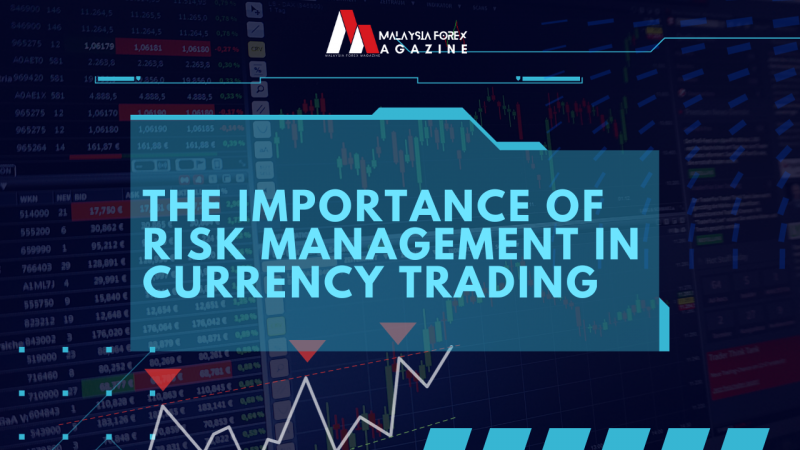In a surprising turn of events, central banks across major economies have chosen to maintain their current interest rates, defying market expectations of imminent cuts. This decision comes amid growing concerns over economic slowdowns and inflationary pressures, leaving forex traders on edge as they reassess their strategies in response to this unexpected development.
The Federal Reserve, Bank of England, European Central Bank, and Bank of Japan have all opted to hold interest rates steady, citing various factors influencing their decisions. Despite mounting calls for easing monetary policy to stimulate growth, policymakers have opted for a cautious approach, emphasizing the need to monitor economic data more closely before considering any adjustments to interest rates.
In the United States, the Federal Reserve highlighted the resilience of the economy in the face of recent headwinds, including geopolitical tensions and supply chain disruptions. While acknowledging inflationary pressures, Fed Chairperson reiterated the central bank’s commitment to data-driven decision-making, signaling a patient stance on monetary policy.
Similarly, the Bank of England cited uncertainties surrounding Brexit negotiations and the impact of rising energy prices on inflation as key factors influencing its decision to maintain the current interest rate level. Despite mounting pressure to provide additional stimulus, policymakers expressed confidence in the UK economy’s ability to weather external challenges.
Meanwhile, the European Central Bank emphasized the need for a comprehensive assessment of economic conditions before considering any changes to its accommodative monetary policy stance. ECB President underscored the central bank’s commitment to supporting economic recovery while closely monitoring inflation dynamics and financial market developments.
In Japan, the Bank of Japan reiterated its commitment to maintaining ultra-loose monetary policy to support economic growth and achieve its inflation target. Despite growing concerns over the effectiveness of prolonged easing measures, policymakers signaled their readiness to implement additional stimulus measures if necessary.
The central banks’ decisions to delay interest rate cuts have sparked volatility in forex markets, with investors recalibrating their expectations and adjusting their trading strategies accordingly. Uncertainties surrounding the timing and magnitude of future policy actions have contributed to heightened market volatility, underscoring the importance of risk management in forex trading.
As the global economic outlook remains clouded by uncertainties, forex traders are advised to exercise caution and remain vigilant in monitoring developments that could impact currency markets. With central banks adopting a wait-and-see approach, market participants are bracing for further volatility as they navigate evolving economic conditions and policy decisions.











